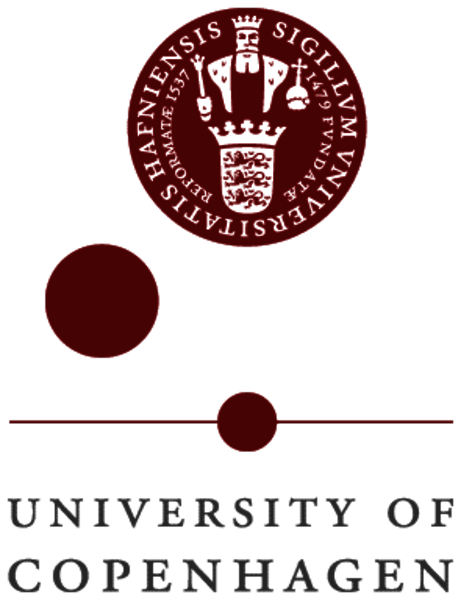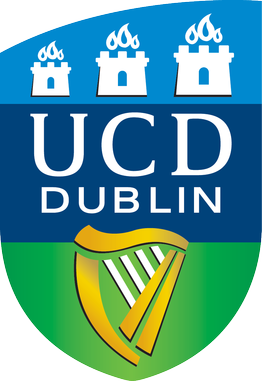Consortium partners

Founded in 2001, HOLISUN emerged on the Romanian market as a response to the increasing demand of high quality software products. Following the globalization process and the expansion of world trade, Holisun has developed partnerships with companies all over Europe and America: The Netherlands, France, Italy, USA, Canada, Romania.
Our partners are private companies, but also NGOs and public institutions. With all our partners we have close collaborations, with excellent results on both sides.
Our R&D expertise encompasses Artifficial Intelligence, Data Mining and Augmented Reality. The data mining projects (related mainly to Internet of Things) focus on predictive analysis such as soil moisture, predictive maintenance and usage prediction. Although an SME, HOLISUN R&D department benefits on 7 people: PhDs, PhD students and masters of engineering.



